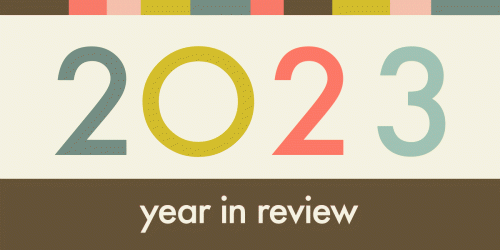Partnering with the ACLU and numerous other public interest advocates, businesses and educators, EFF has filed an amicus brief urging the Ninth Circuit Court of Appeals to uphold a district court’s decision not to block enforcement of SB 822, a law that ensures that Californians have fair access to all internet content and services.
For those who haven’t been following this issue: after the Federal Communications Commission rolled back net neutrality protections in 2017, California stepped up and passed a bill that does what the FCC wouldn’t: bar ISPs from blocking and throttling internet content and imposing paid prioritization schemes. The major ISPs promptly ran to court, claiming that California’s law is preempted– meaning, the FCC’s choice to abdicate binds everyone else – and asking the court to halt enforcement until the question was resolved. On February 23, 2021, Judge John Mendez said no, making it pretty clear that he did not think the ISP's challenge would succeed on the merits. As expected, the parties then headed to the Ninth Circuit.
Our brief supporting the district court’s decision explains some of the stakes of SB 822, particularly for communities that are already as a disadvantage. Without legal protections, low-income Californians who rely on mobile devices for internet access and can’t pay for more expensive content may face limits on that access which is critical for distance learning, maintaining small businesses, and staying connected. Schools and libraries are also justifiably concerned that without net neutrality protections, paid prioritization schemes will degrade access to material that students and public need in order to learn. SB 822 addresses that by ensuring that large ISPs do not take advantage of their stranglehold on Californians’ internet access to slow or otherwise manipulate internet traffic.
The large ISPs also have a vested interest in shaping internet use to favor their own subsidiaries and business partners, at the expense of diverse voices and innovation. Absent meaningful competition, ISPs can leverage their last-mile monopolies to customers’ homes and bypass competition for a range of online services. That would mean less choice, lower quality, and higher prices for users—and new barriers to entry for innovators.
We hope the court recognizes how important SB 822 is, and upholds Judge Mendez’s ruling.








